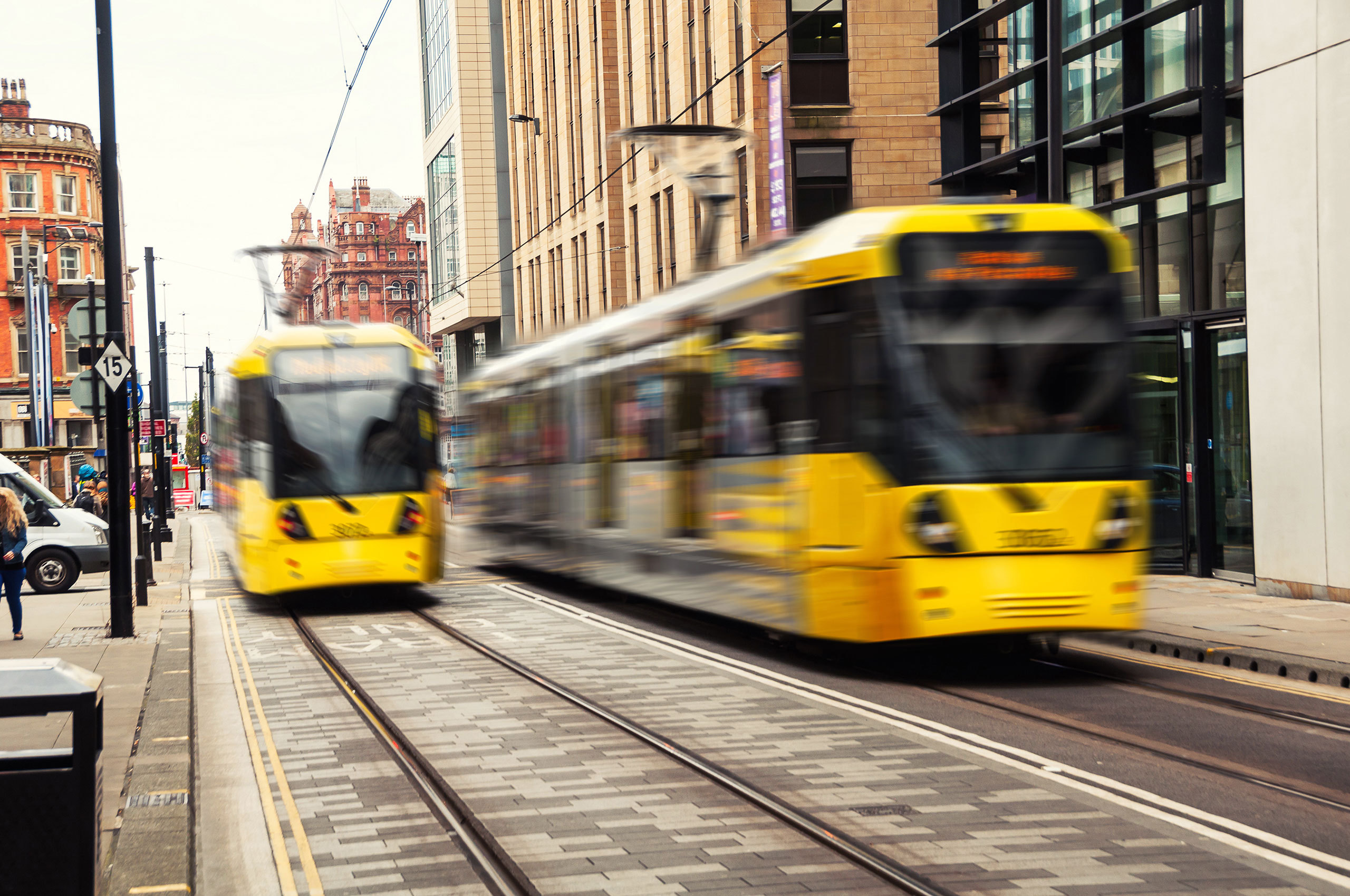Traffic Manager
Traffic Managers are responsible for people and project management through the agency to maximise the efficiency of the agency’s workflow.
Traffic Managers will work with every department within an agency using the latest software tools to create and maintain a streamlined and dynamic work flow process on a day to day basis. As such the Traffic Manager will work with account management, project management, creative, technical and production teams to ensure all work is accurately forecast, and resource requirements are known in advance.
They will allocate all new job briefs, job requests and SLA requests to design, development and production teams as required. They will also work with heads of design, development and project management to ensure all design, development and project management resources are effectively scheduled.
This will involve running weekly workflow planning meetings with business unit heads and providing status reports to management.
Traffic Managers are crucial facilitator in ensuring effective resource utilisation via:
- Planning current resource utilisation and shifting resource around to achieve deadlines
- Daily reprioritisation of resources to ensure ad-hoc changes are managed and followed through
- Making sure the above changes are well thought through, understanding the consequences for the business and communicating these to the appropriate people
- Proactive in developing solutions which enhance the overall workflow process
Salary wise outside of London the role generally pays between £28,000 to £40,000 depending on regional variance and level of experience.
Northampton
Northampton is the county town of Northamptonshire in the East Midlands and lies on the River Nene. Archaeological evidence in the area dates back to the Bronze Age, Roman and Anglo-Saxon periods. During the Middle Ages, the town saw the establishment of Northampton Castle, an occasional used royal residence that regularly hosted the Parliament of England. Rebuilt after the devastating Great Fire of Northampton in 1675, Northamptonshire's county town was one of the prettiest in the Midlands before WWII bombers and then post-war urban planners wreaked architectural havoc. However, the heart of the town retains some grand buildings that emphasise its significant role in England’s Wars of the Roses and the English Civil War. After the creation of the Grand Union Canal and the railway in the 19th century, Northampton became internationally famous for manufacturing fine quality leather footwear. Unsuccessfully applying for unitary status in 1996 and city status later in 2000, the town continues to expand, undergoing large-scale urban renewal.


